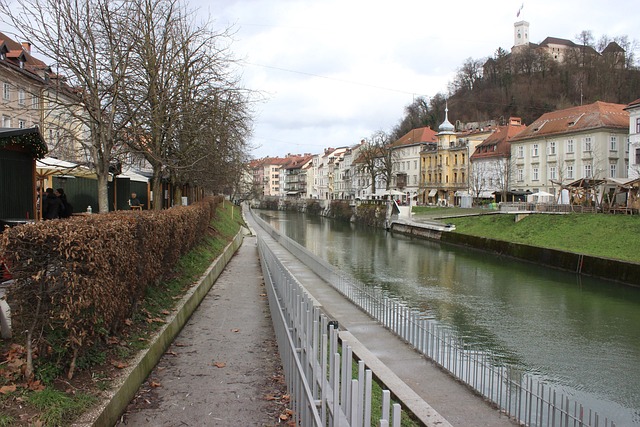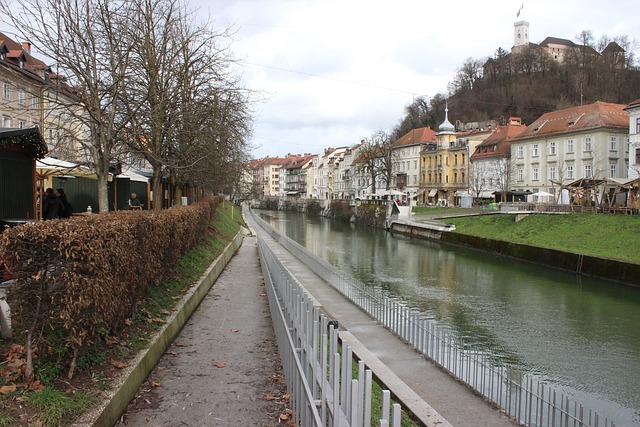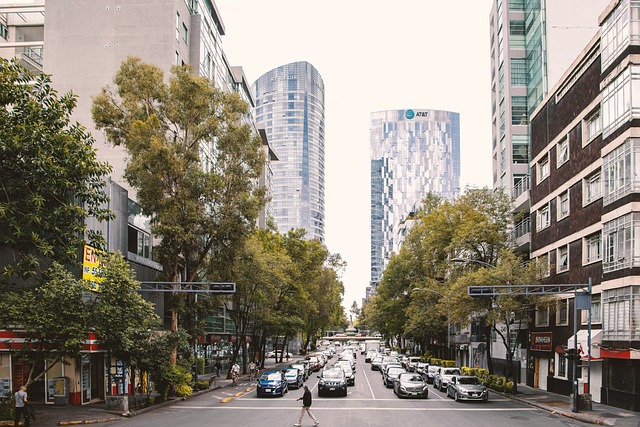The Muslimabad Society community in Karachi faces severe water supply issues due to urbanization and population growth, exacerbated by outdated infrastructure, inefficient distribution networks, and lack of maintenance. During peak hours, water shortages are common. Contamination from inadequate sanitation further complicates matters. To address these challenges, the society has taken a proactive approach with innovative initiatives: empowering residents through education on efficient irrigation practices and adopting smart sensors and automated systems to minimize leaks and waste. These strategies aim to enhance water management sustainability in Karachi, securing a healthier future for Muslimabad Society's residents.
In the heart of Karachi, the vibrant yet underserved Muslimabad Society grapples with chronic water supply challenges. This urban community’s access to clean, reliable water is hindered by aging infrastructure, inefficient distribution systems, and sporadic service disruptions. Understanding these issues is paramount in addressing the society’s pressing need for sustainable solutions. This article explores the multifaceted problem set and highlights innovative strategies and initiatives aimed at enhancing water access and management within Karachi’s Muslimabad Society.
- Understanding Water Supply Challenges in Karachi's Muslimabad Society
- Strategies and Initiatives for Improved Water Access and Management
Understanding Water Supply Challenges in Karachi's Muslimabad Society

Muslimabad Society, a vibrant community in Karachi, faces distinct water supply challenges that require immediate attention and sustainable solutions. The city’s rapid urbanization and growing population have put immense pressure on the existing infrastructure, leading to sporadic water shortages and inconsistent delivery. In Karachi, access to clean and reliable water is not uniform, with some areas, like Muslimabad, often experiencing prolonged periods of low or no water pressure.
These challenges are exacerbated by inefficient distribution networks, outdated pipes, and lack of maintenance. The current system struggles to meet the daily water demands of its residents, especially during peak hours. Moreover, water contamination is a persistent issue due to inadequate sanitation and sewage treatment facilities in parts of the society. Understanding these complex challenges is crucial in developing tailored strategies to enhance water supply management and ensure a healthier, more sustainable future for Muslimabad Society within Karachi.
Strategies and Initiatives for Improved Water Access and Management

In the vibrant city of Karachi, Muslimabad Society has been proactive in addressing water supply challenges through innovative strategies and initiatives. One key approach involves community engagement and education programs that promote responsible water usage. By organizing workshops and awareness campaigns, residents learn about efficient irrigation techniques for their households and farms, ensuring a balanced distribution of this precious resource.
Furthermore, the society has embraced technology to optimize water management. Smart sensors and automated systems are being implemented to monitor water consumption, detect leaks, and regulate pressure. These digital solutions not only enhance efficiency but also reduce wastage, making Karachi’s water supply more sustainable. Such initiatives showcase a holistic approach, combining community involvement with technological advancements to create a robust water management framework for the future.
The water supply challenges faced by Karachi’s Muslimabad Society highlight the urgent need for sustainable solutions. By implementing strategic initiatives focused on improved access, efficient management, and community engagement, residents can forge a path towards a more resilient future. Through collaborative efforts between local authorities, organizations, and the community, Muslimabad Society can experience enhanced quality of life and ensure a secure water supply for generations to come, making it a thriving example for urban water management in Karachi.
